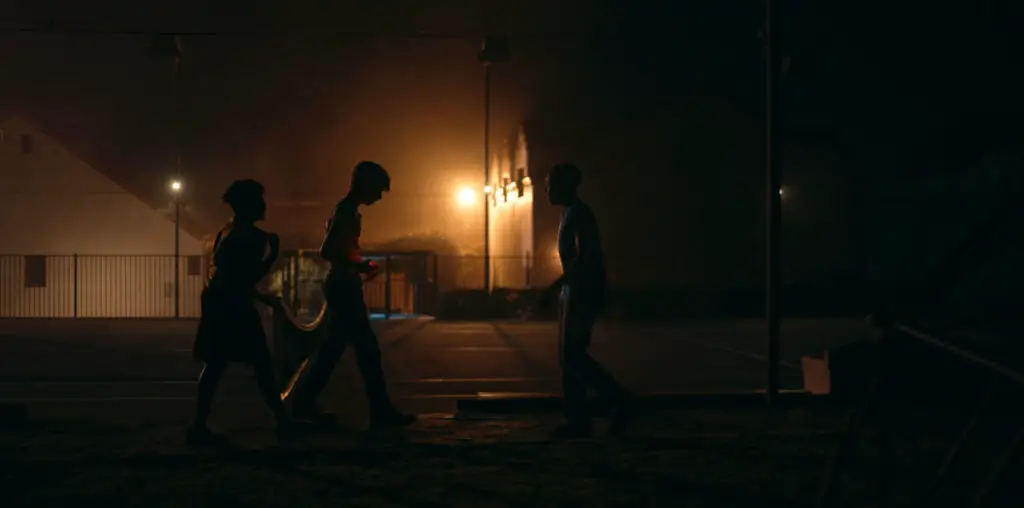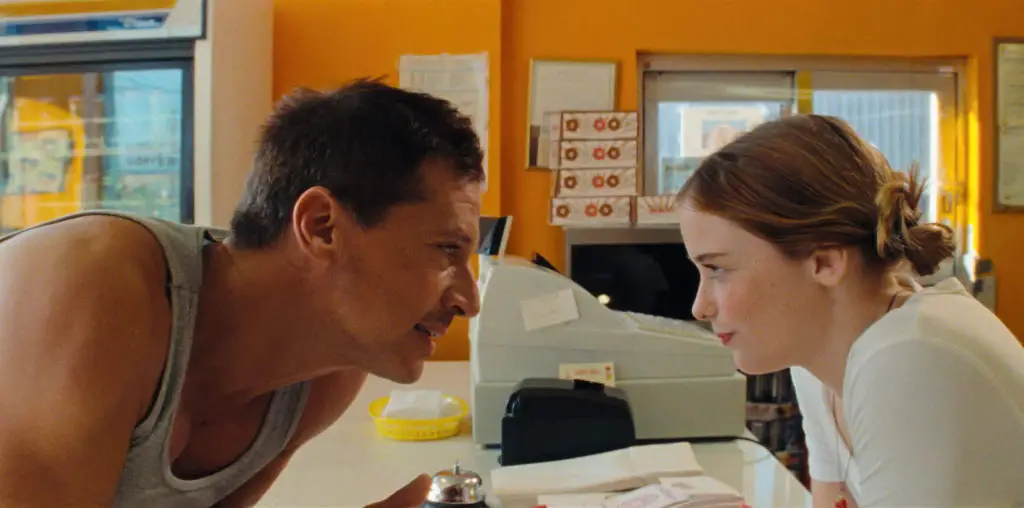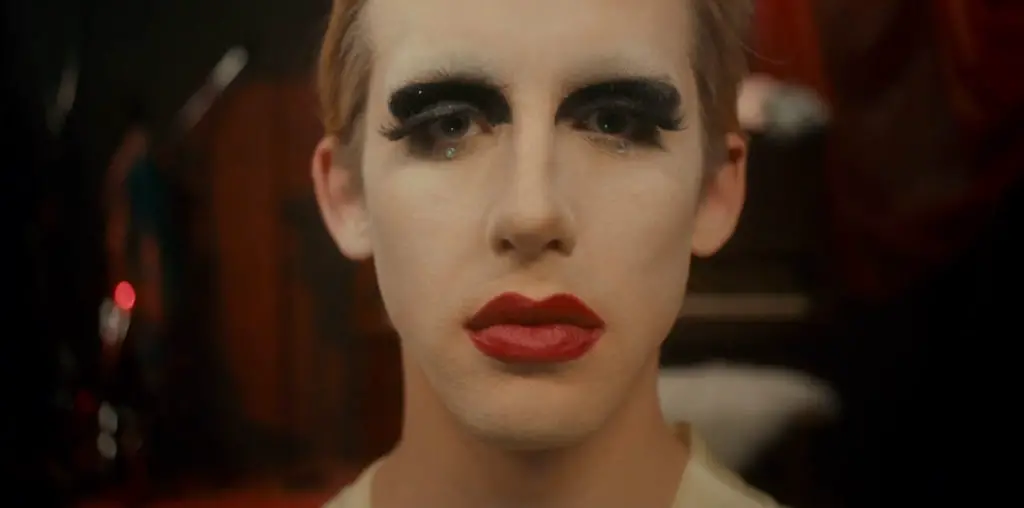
Before any of us can spread our wings as functioning adults, we must go through the egg, caterpillar, and pupa stages. As kids, we yearn to grow up and navigate a world free from adult supervision. But once we become adults, we often desire to experience the world as kids again. This butterfly comparison is appropriate for writer-director Leonie Krippendorff’s Cocoon (Kokon), a coming-of-age drama where the filmmaker considers the difficulties of womanhood in a refreshingly uninhibited and expressionistic manner.
During a scorching Berlin summer, fourteen-year-old Nora (Lena Urzendowsky) has her first brush with menstruation, marijuana, and, more importantly, romance. For the most part, Nora tags along with her older sister Jule (Lena Klenke) and Jule’s friend Aylin (Elina Vildanova) as they go to parties and hang out at the local pool. But Nora is the third wheel and is often bored and unable to fit in with the rambunctious crowd.
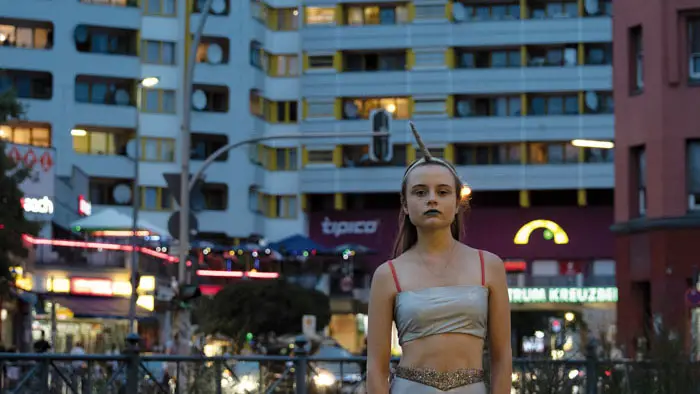
“Romy’s unconventional fashion sense, pixie cut, and insouciant attitude instantly strike a chord with Nora…”
One day, Nora embarrasses herself in gym class after getting her first period. New student Romy (Jella Haase) joins Nora in the bathroom and offers to wash her jeans in the sink. Romy’s unconventional fashion sense, pixie cut, and insouciant attitude instantly strike a chord with Nora, although she struggles to sort out her newfound feelings. Meanwhile, she and Jule are left dealing with their alcoholic mother (Anja Schneider).
With an incisive script that trifles with emotional and thematic transparency, Krippendorff authentically captures what it is like to grapple with one’s burgeoning maturity and identity. Nora is on the verge of adulthood. Yet, she remains intrigued by the childish hobby of keeping caterpillars in jars. She’s clinging to it as a way to hold on to her past. But similar to how a caterpillar becomes a butterfly, Nora will naturally evolve from a child to an adult. The metaphor is not remotely subtle, but there is no need for subtlety. In Cocoon — a title once again harking back to the overt metaphor — the transformation of a butterfly makes for a simple yet enchanting parallel to Nora’s coming-of-age experience.
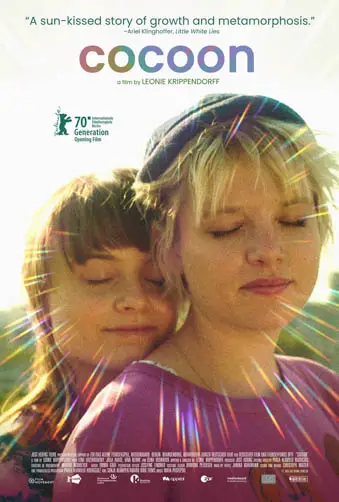
"…tender and softly affecting..."
